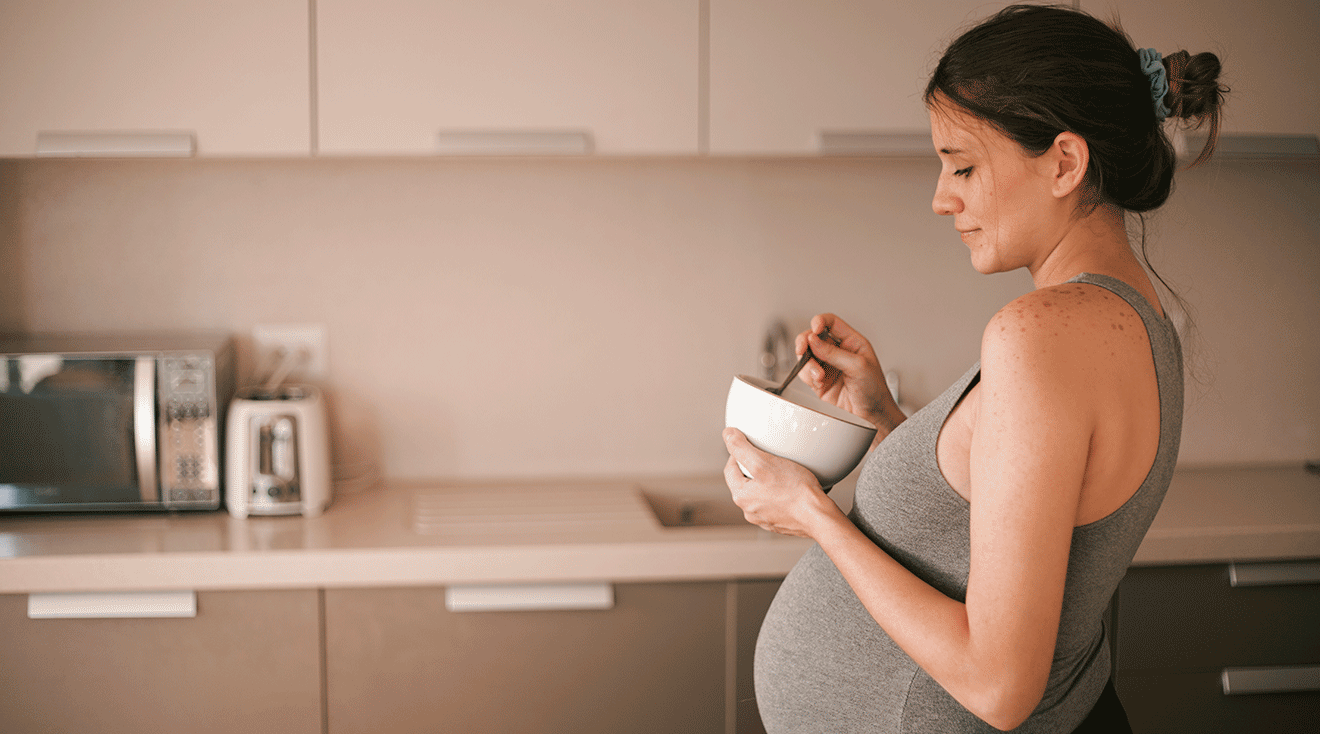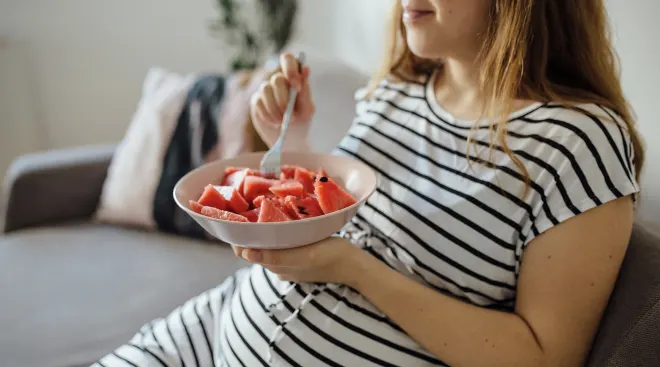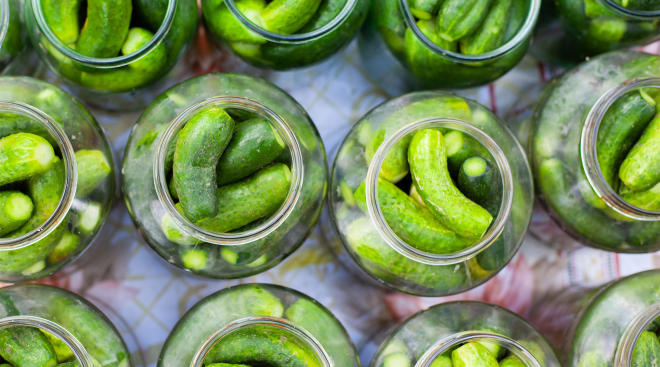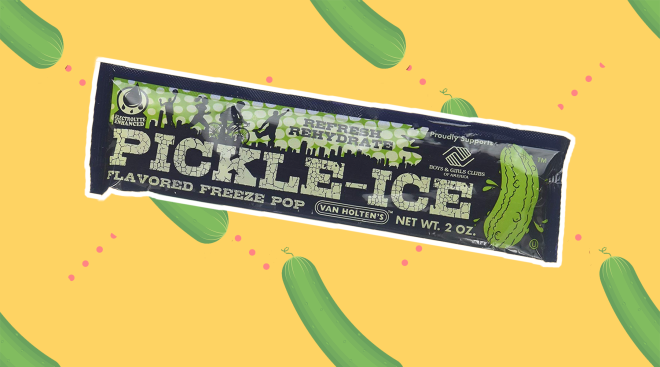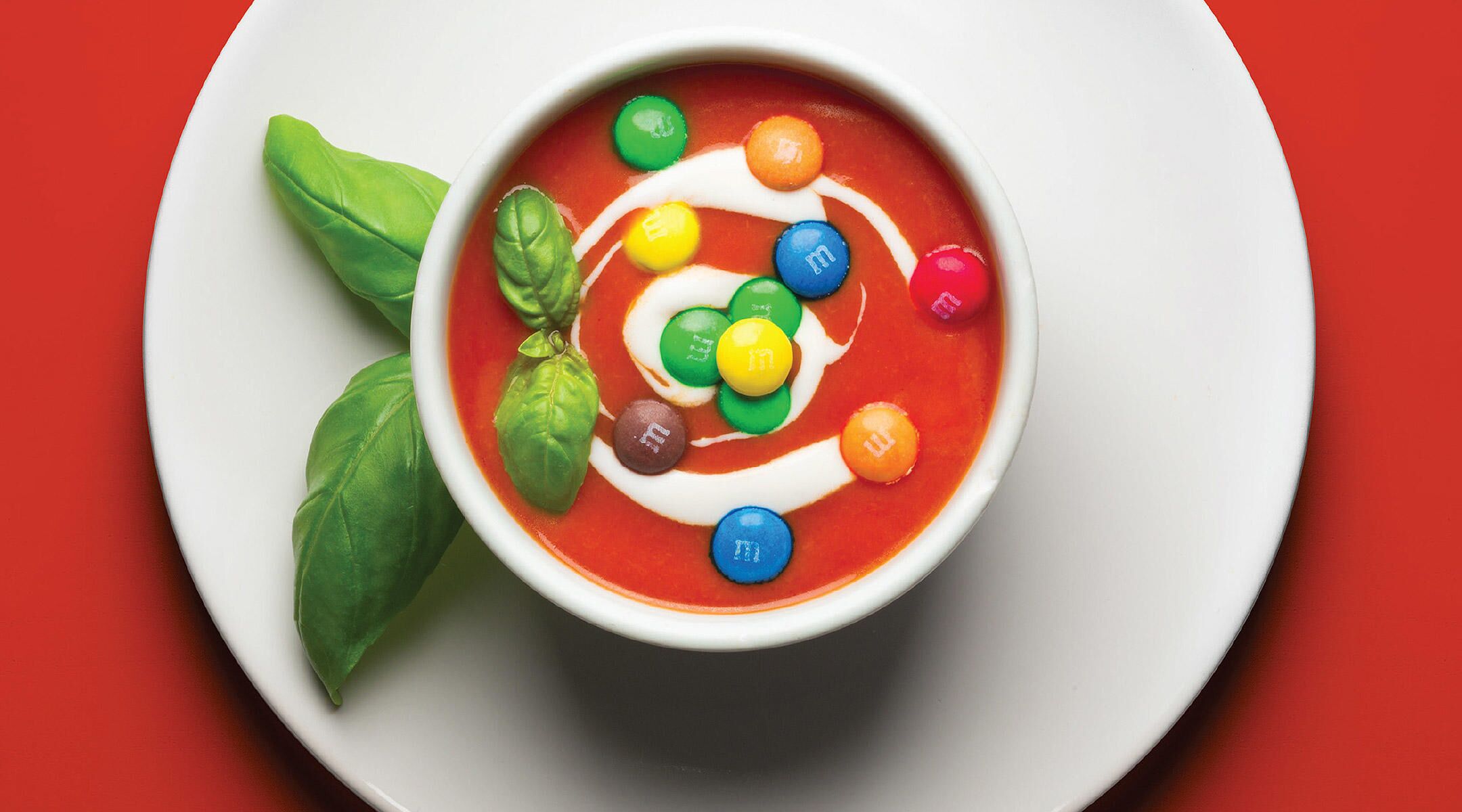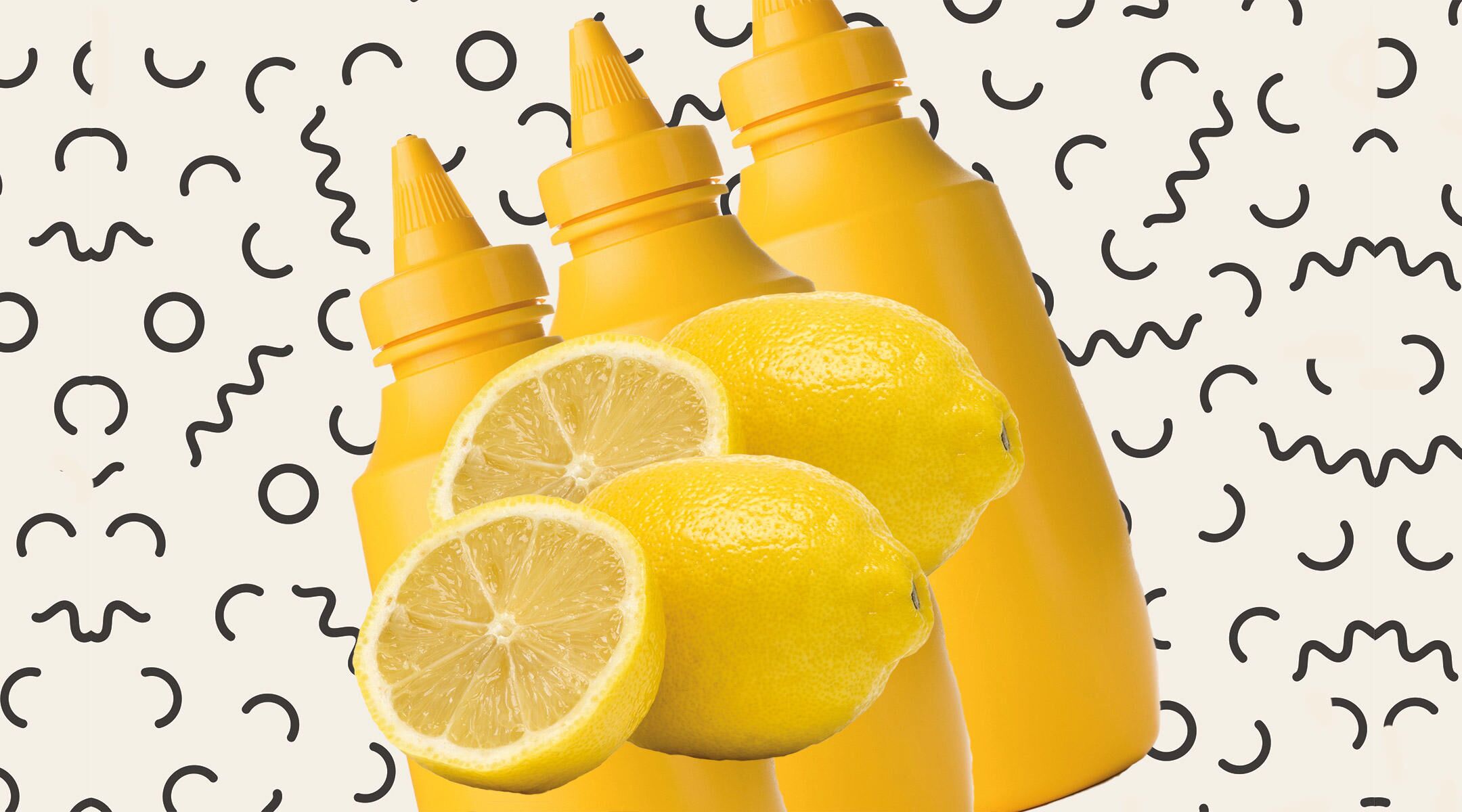What Is Pica in Pregnancy?
While strange food cravings are a common part of pregnancy (pickles in peanut butter, anyone?) experiencing a strong desire to chew or eat inedible things is much more alarming. If you have pica in pregnancy, that’s exactly what happens: You find yourself wanting to eat non-food items, such as dirt or clay. Here, medical experts break down what you should know about this condition—including causes and treatment.
Pica is an eating disorder in which you crave items that aren’t food, says Laura Purdy, MD, MBA, a family physician and digital health expert based in Nashville, Tennessee. Pica in pregnancy typically starts during the first trimester, but it can happen at any stage of pregnancy, she adds. The word originates from the medieval Latin name for the magpie bird—a creature that supposedly eats just about anything.
It’s important to note that people with pica still typically eat regular food, but also have cravings for non-food items, says Natalie Carroll, RDN, a registered dietitian and lactation counselor specializing in women’s health.
Research has reported the prevalence of pica in pregnant women to be as low as 0 percent and as high as 68 percent, depending on the group being studied. One meta-analysis of 70 studies found the prevalence to be about 28 percent worldwide.
There are three main types of pica, says Skyler Jacobs, CNM, a certified nurse midwife with Modern Obstetrics and Gynecology of North Atlanta in Georgia. If you have geophagy, you might crave earthy items like soil, clay, charcoal and stones, she says. With amylophagy, people tend to want to eat raw starches including flour, rice, laundry starch and cornstarch. Those with pagophagy are drawn to eating large quantities of ice. Jacobs says that ice and raw starch are typical cravings, adding that other common choices include chalk, paper, toilet paper, coffee grounds and baby powder.
While there’s currently no definitive cause of pregnancy pica, Jacobs says it often happens because of nutrient deficiencies, typically pregnancy anemia caused by iron deficiency. Zinc deficiency is also sometimes a culprit, she says.
“Because it’s often associated with nutritional deficiencies, it’s important to make sure you’re taking in enough nutrients if you experience pica during pregnancy,” says Rebekah Mustaleski, CPM, IBCLC, a certified professional midwife and compression director with Motif Medical. “During pregnancy, the blood volume expands. With this expansion, the red blood cells become more diluted in the bloodstream. This can lead to you experiencing symptoms of anemia, including pica food cravings.”
If pica in pregnancy is causing you to eat non-food substances, it could be harmful to you and baby, experts say. “Pica is dangerous because most of the items people crave when they have pica are not food and are toxic to the body,” explains Mustaleski. “This can lead to pregnancy complications or growth issues for baby.”
Carroll adds that eating non-food substances can make you feel full, “which displaces the need for actual food and the nutrients it provides. It can [also] exacerbate digestive issues like constipation or diarrhea.”
If you’re just craving ice and still eating nutritious foods as part of your pregnancy diet, that’s not generally a concern, says Purdy. But you should still check in with your provider about potential underlying issues that might be causing this craving, such as an iron deficiency, she adds.
“Treatment of pica in pregnancy is multifactorial and includes substitution of the substance, decreasing overall exposure to the substance when possible and treatment of any underlying cause,” says Jacobs. Your provider might identify foods that are similar in texture, taste or smell to your non-food cravings: “An example would include smelling earth while eating dried oatmeal, toast crumbs or a burnt tortilla,” Jacobs explains.
Treating underlying causes—commonly anemia—will hopefully also help treat pregnancy pica, Jacobs says. “If you have pica, then your doctor will most likely make sure you’re getting enough nutrients and may recommend some vitamins and supplements as well as making sure you’re eating other nutritious foods,” adds Purdy.
Working with a prenatal dietitian can help, as they can assess your dietary intake and provide food and supplement recommendations to address any deficiencies, says Carroll. “Typically pica in pregnancy will resolve once the underlying deficiencies or cause is addressed—so speaking with your medical provider and finding a dietitian that can help may be the best line of treatment,” she says.
How to satisfy pica cravings
Chewing on ice to satisfy pica cravings might be fine in small amounts, but it can hurt your teeth and may prevent you from eating nutritious meals, experts say. “You can help alleviate the cravings caused by pica by eating something with a strong flavor—like mints, gum or ginger chews,” suggests Mustaleski.
If you’re craving any non-food items—even if it’s just ice chips—it’s best to let your doctor know, says Purdy. “They can make a plan with you to make sure you and baby are getting enough of and the right nutrients while baby is growing,” she says.
Make sure to speak with your doctor about iron-deficiency anemia if you’re experiencing pregnancy pica along with fatigue, headaches, heart palpitations, brain fog and shortness of breath, says Mustaleski.
The National Eating Disorders Association (NEDA) notes that pica is a mental health disorder that may occur in tandem with other mental health conditions. If you’re concerned about your mental health during pregnancy, be sure to talk to your provider.
And, again, if you find yourself craving or consuming non-food substances, reach out to your provider right away. “This will allow for your care team to collect important lab work evaluating your blood counts, electrolytes and testing for potentially toxic substances in your body,” says Jacobs.
Please note: The Bump and the materials and information it contains are not intended to, and do not constitute, medical or other health advice or diagnosis and should not be used as such. You should always consult with a qualified physician or health professional about your specific circumstances.
Plus, more from The Bump:
Natalie Carroll, MS, RDN, CDN, CLC, is a registered dietitian and lactation counselor specializing in women’s health. She specializes in working with people with pre-diabetes, gestational diabetes and type 2 diabetes.
Skyler Jacobs, CNM, is a certified nurse midwife with Modern Obstetrics and Gynecology of North Atlanta practicing full-scope midwifery in the hospital and clinic setting. She is also the founder of Well & Worthy Co., where she passionately empowers expecting women through their pregnancy, birth and postpartum journey. Jacobs earned her master’s degree at Vanderbilt’s School of Nursing in Nashville, Tennessee.
Rebekah Mustaleski, CPM-TN, IBCLC, is a certified professional midwife and compression director with Motif Medical. She co-founded Roots & Wings Midwifery in Knoxville, Tennessee. Mustaleski received her bachelor’s degree in psychology from Centre College, and worked as a doula and birth photographer prior to establishing Roots & Wings.
Laura Purdy, MD, MBA, is a family physician and digital health expert based in Nashville, Tennessee. She earned her medical degree from Uniformed Services University.
Pediatrics, The Origin of the Word Pica, October 1969
Western Journal of Medicine, Pica During Pregnancy in Low-Income Women Born in Mexico, July 2000
International Journal of Gynecology & Obstetrics, A Meta-Analysis of the Worldwide Prevalence of Pica During Pregnancy and the Postpartum Period, February 2016
StatPearls, Pica, June 2023
National Eating Disorders Association, Pica
Learn how we ensure the accuracy of our content through our editorial and medical review process.
Navigate forward to interact with the calendar and select a date. Press the question mark key to get the keyboard shortcuts for changing dates.
































